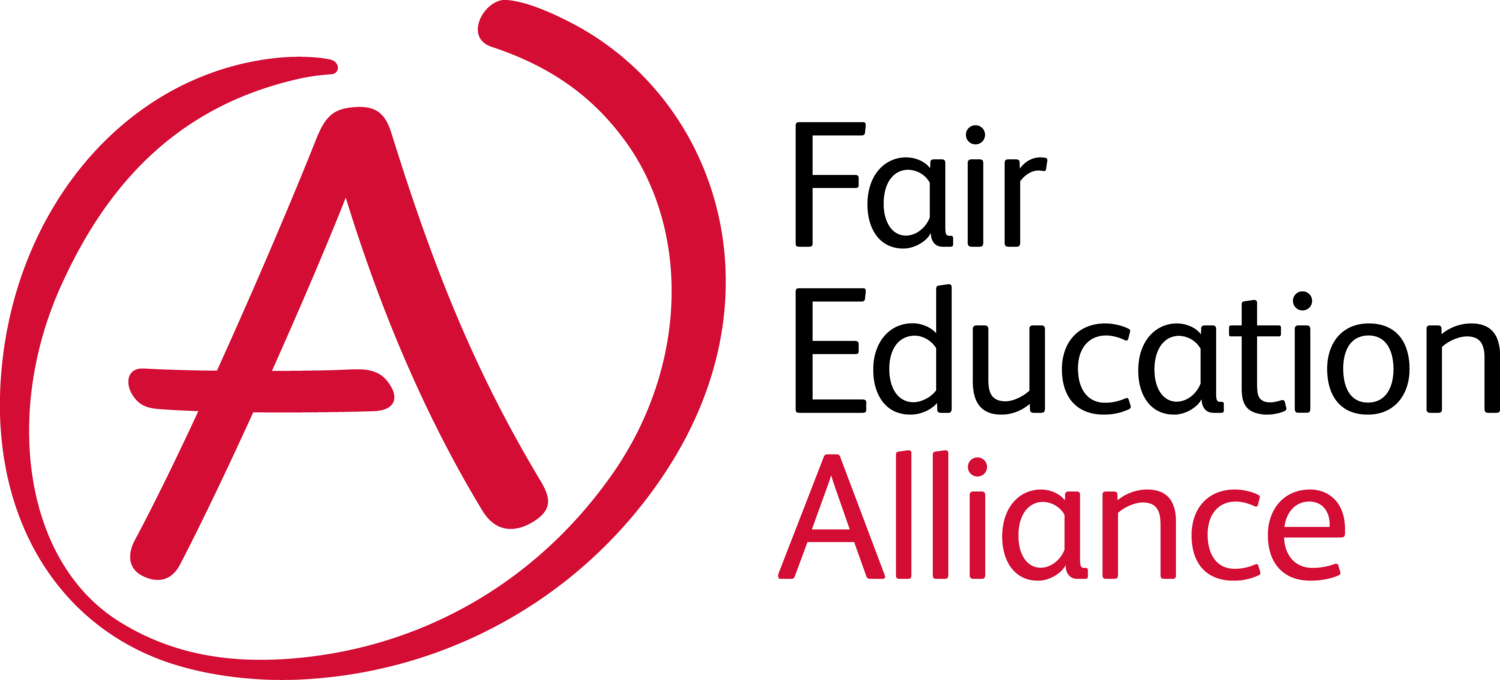Last week, I received an unexpected phone call from the 10 Downing Street switchboard asking me to stay on the line. Unsure if it was a hoax, I was soon patched through to an adviser of the Prime Minister who invited me to a round table coffee with twenty other top graduate employers focused on name blind admission – something the Prime Minister urged in his September conference speech and a topic he wanted to further push in order to ensure a more level playing field for applicants to graduate jobs.
At Teach First, we have felt strongly about this issue for quite a while, so I was pleased to hear of his focus. Our application process has been name-blind for over six years now – meaning that assessors do not know the names attached to the application forms they are assessing in order to ensure that they do not show any unconscious bias towards names they might be more familiar with. In addition, we have also gone one step further, which we would also recommend to other employers, ensuring our assessors also do their work ‘university blind’ – without knowing what university the applicant attended.
One of the most stark and depressing pieces of evidence for educational disadvantage in the UK is that young people who attended private secondary schools are twenty two times more likely to get accepted to top universities like Oxford or Cambridge than those who were on Free School Meals at secondary school. Are privately educated teenagers twenty two times more likely to be intelligent than teenagers from low income backgrounds? Twenty two times more likely to be academically capable? Twenty two times more likely to succeed in top graduate jobs? Of course not. As a result, we have found that including the name of university attended can muddy the assessment processes. Instead, we try to focus our entire assessment on teasing out from the application form evidence that the candidate can show the eight competencies we are looking for that we think are necessary to be a successful teacher and leader on the Teach First programme.
We have been pleased to see other top graduate employers also moving in this direction with Deloitte recently announcing that they will also assess candidates both university and name blind.
Since we’ve put this into place, the calibre of our applicants remains high and analysis of demographic data has demonstrated that there is no significant difference between the Assessment Centre performance of candidates from Russell group compared to non-Russell group universities.
At the same time, the diversity of our cohort has increased with 42% of our intake being the first in their family to go to university, 27% on Free School Meals or Educational Maintenance Allowance when at school, and 15% of our cohort are BAME, over double the percentage (7%) of the whole teaching workforce.
This all further reinforces the crucial role of organisations working together to ensure that the children from all backgrounds get access to opportunities where they can shine and no child’s future is dependent on where they came from. There are so many young people out there who are capable of such great things but are not able to access the opportunities or education necessary for them to unleash this greatness. It’s why I’m pleased that Teach First is a member of the Fair Education Alliance, a grouping of more than 40 organisations dedicated to working together to close the achievement gap and ensuring there is more of a fair opportunity for all.


